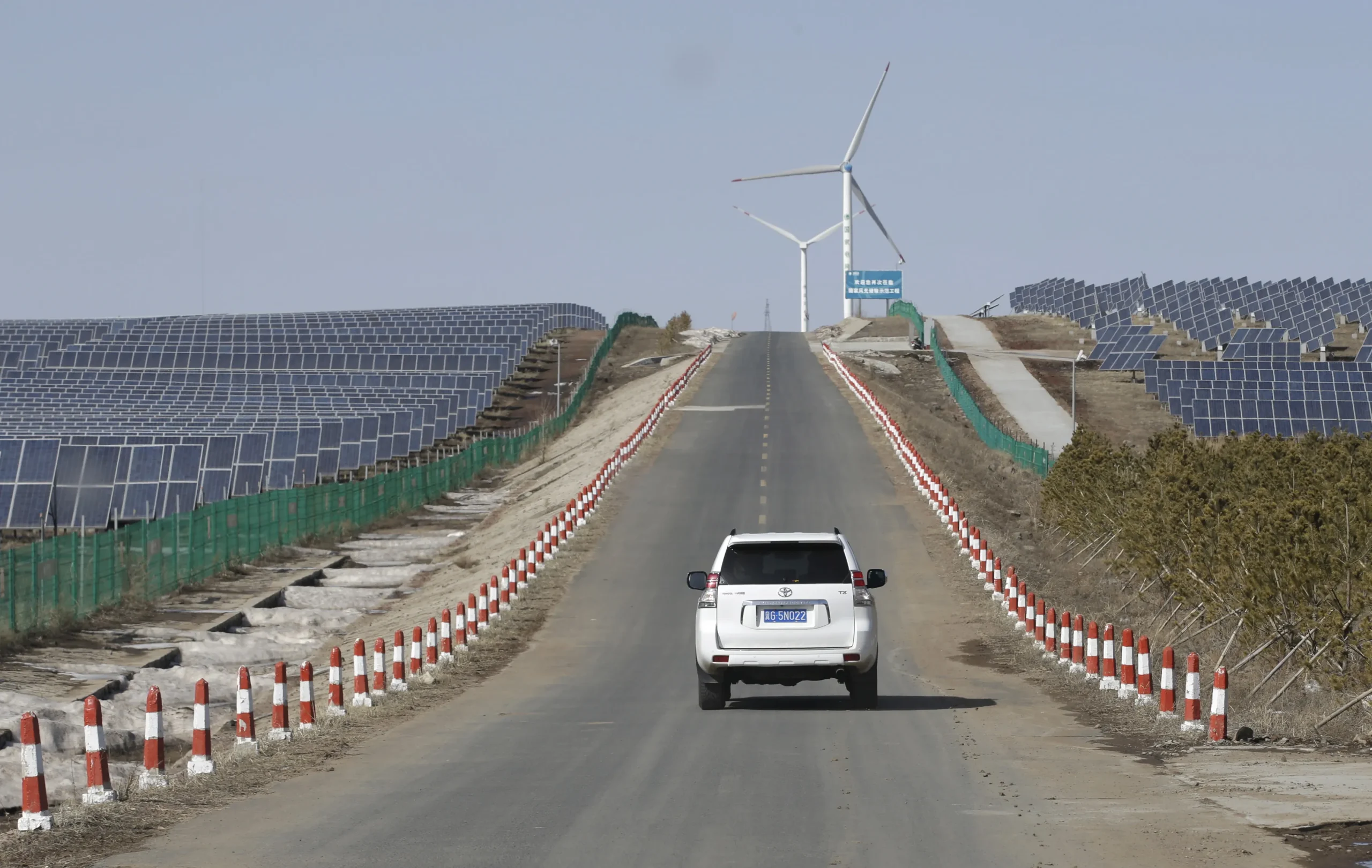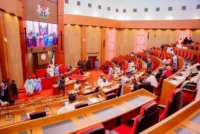China’s Belt and Road Initiative (BRI) has significantly bolstered Cuba’s energy sector by supporting the installation of 55 solar parks across the island. This initiative aims to meet nearly two-thirds of Cuba’s daytime power needs, addressing the nation’s ongoing energy crisis.
Cuba has been grappling with severe energy shortages, leading to frequent blackouts and widespread power outages. The aging infrastructure and limited fuel imports have exacerbated the situation, prompting the Cuban government to seek alternative energy solutions. In response, China has emerged as a key partner, providing both financial support and technical expertise to develop Cuba’s renewable energy capacity.
The collaboration between China and Cuba has led to the establishment of multiple solar parks, with the first batch of equipment arriving in Artemisa province in March 2025. These parks are strategically located in regions most affected by power outages, including Pinar del Río, Las Tunas, Holguín, Granma, and Guantánamo. The project is part of a broader plan to install 92 solar parks by 2028, aiming to add approximately 2,000 megawatts to Cuba’s power grid and reduce dependence on fossil fuel imports.
The Chinese government’s support is not limited to infrastructure; it also includes donations of equipment and materials essential for the construction of these solar facilities. In January 2025, China donated nearly 70 tons of power generator parts and accessories to Cuba, contributing to the restoration of the island’s electricity system. This assistance is part of a broader effort to help Cuba recover from its energy crisis and strengthen its power grid.
The partnership between China and Cuba reflects a growing trend of South-South cooperation, where developing nations collaborate to address common challenges. By leveraging China’s expertise in renewable energy, Cuba is making significant strides toward energy sustainability and reducing its reliance on imported fuels. This collaboration not only addresses immediate energy needs but also lays the foundation for a more resilient and sustainable energy future for Cuba.
As the solar parks become operational, they are expected to alleviate the frequency and duration of blackouts, improving the quality of life for millions of Cubans. The success of this initiative could serve as a model for other nations facing similar energy challenges, demonstrating the potential of international cooperation in achieving energy security and sustainability.












Wow, thats impressive! But is Cuba becoming too dependent on China for its energy needs? Lets discuss.
Seems like China is making moves in Cuba. Do you think this will have a positive impact on the islands energy sector?
Interesting move by China in Cubas energy sector! Will this bring positive change or create dependency? Lets discuss!
This sounds promising for Cubas energy independence, but how will it impact their economy and relationship with other countries?
Wow, I wonder how this will impact Cubas overall energy independence and economy in the long run. Exciting times ahead!
Wow, I wonder if this will really help Cubas energy independence or just deepen their ties with China. Interesting development!
Wow, this is huge! Do you think Cuba should rely so much on China for their energy needs? Could there be any drawbacks or risks involved?